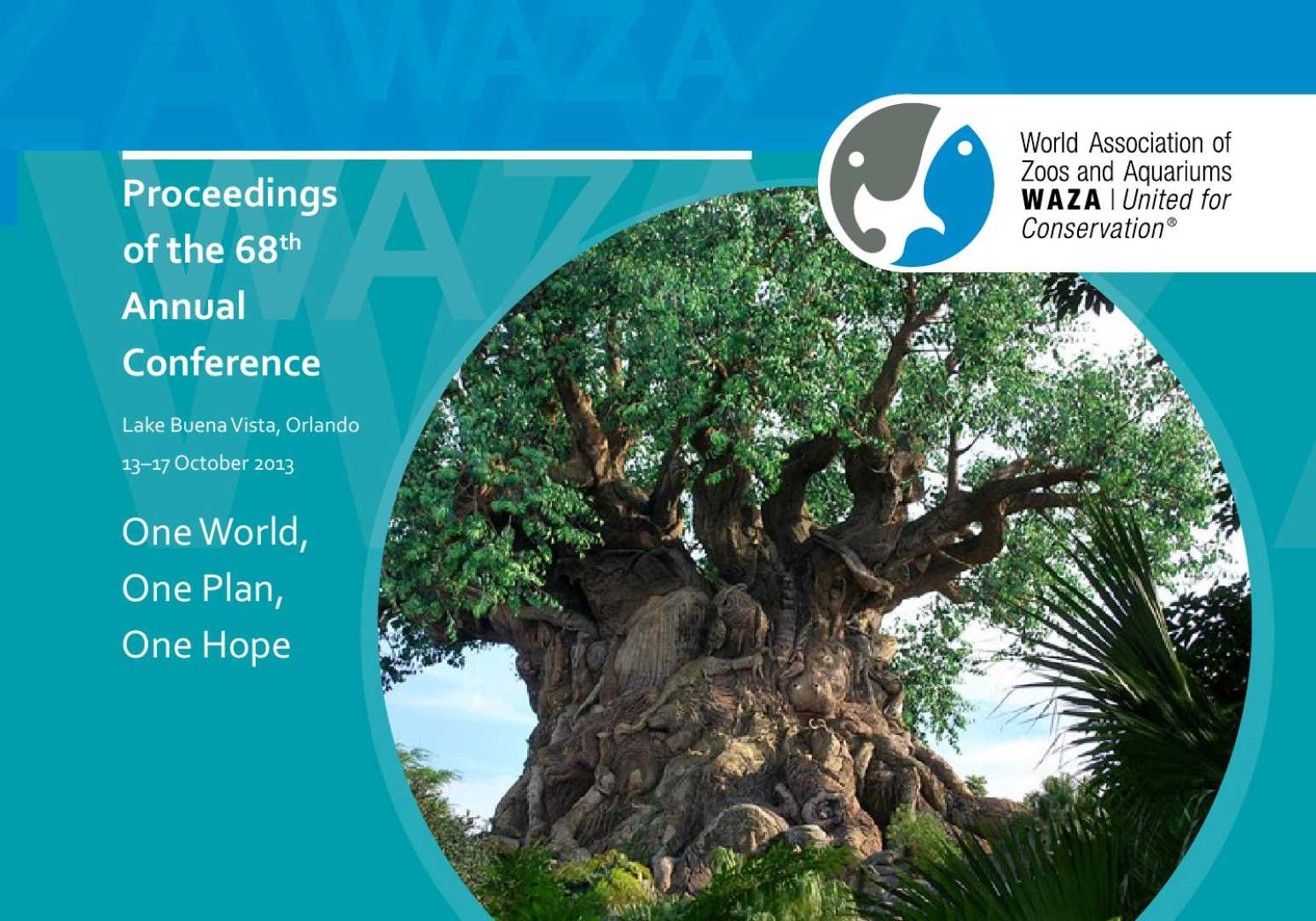News
Auckland Zoo and DOC Forge Strategic Partnership for Enhanced Conservation Efforts

Today, on World Animal Day, Auckland Zoo and the Department of Conservation (DOC) have announced a new strategic partnership aimed at enhancing conservation outcomes across New Zealand, also known as Aotearoa. This evolved framework seeks to deepen the collaboration between the two parties, which have been working closely on species recovery and fieldwork efforts for over three decades.
The partnership builds on the Zoo and DOC’s extensive history of conservation work, which includes programs for the recovery of several of New Zealand’s most endangered species. These include native birds like the kākāpō, takahē, and tara iti, as well as reptiles and invertebrates such as the Archey’s frog, kapitia and cobble skinks, and the giant wētāpunga.
The wētāpunga, previously clinging to existence on a single island in the Hauraki Gulf, has seen a dramatic resurgence under the stewardship of Auckland Zoo, supported by DOC and local iwi. The successful breeding efforts have led to the release of over 7,000 wētāpunga onto eight pest-free islands, improving the species’ threat status.
Kevin Buley, director of Auckland Zoo, stated that many native species still require human intervention to avoid extinction. “Ongoing interventions such as pest control, fenced reserves, breeding programs, animal translocations, and veterinary support are crucial for their survival,” Buley explained. He emphasized how the Zoo’s expertise complements DOC’s field experience, aiming to create a more sustainable future for wildlife.
Penny Nelson, Director-General of DOC, described the new partnership as a major opportunity to streamline efforts and explore new conservation projects. She highlighted the Zoo’s role in saving the tara iti, New Zealand’s rarest bird, from extinction, with fewer than 35 adults remaining. Intensive management has been necessary for the tara iti’s survival, involving coordinated breeding and hand-rearing activities at the Zoo.
Auckland Zoo has contributed significantly to DOC’s conservation projects, including providing 28,500 hours towards 55 field conservation initiatives since September 2011. Furthermore, the Zoo’s veterinary hospital annually admits around 100 native wildlife patients for specialized treatment and care.
The partnership not only focuses on direct conservation actions but also on advocacy. By connecting people with wildlife, Auckland Zoo endeavors to foster a deeper appreciation and subsequent actions supporting the preservation of New Zealand’s natural treasures.












